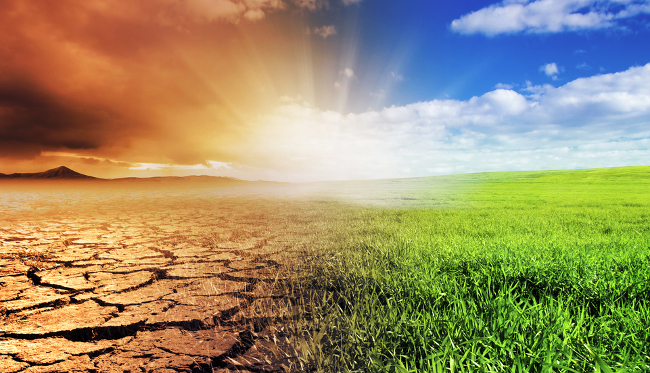
When discussing climate change, there are a few canned talking points that have to be rebutted constantly, and one of them is that “without fossil fuels, and thus their emissions, the economy would die.” But, for the second year in a row, it turns out that’s not the case.
PricewaterhouseCoopers, one of the world’s foremost accounting firms and hardly any sort of shill for ecologists, has issued a report on this statement and it turns out that economic growth no longer has to come at the expense of climate change. Essentially, as major economies like China and the US decarbonize, economic growth keeps going, which is good news since PwC notes we’ve got a long way to go:
Global emissions were flat in 2015 while GDP grew by a respectable 3.1%. Coal consumption fell by 1.8%, with a switch to lower carbon gas (+1.7%) as well as oil (+1.9%). Wind and solar energy output grew at 17.4% and 32.6% last year, but are still tiny fractions of the whole energy system.
The logic of this is and always has been fairly simple: As governments set emissions targets, the companies that emit carbon spend money to reduce those emissions — on things like equipment and employees. Oddly, when you give money to people, they tend to spend it, thus, you know, encouraging economic growth. The real question now, of course, is how we decarbonize more rapidly, because there are some urgent concerns, like climate change taking guacamole, coffee, and beer. Really, that last should have been the deciding factor: Even stockbrokers would quit if it would mean saving the beer.
(Via Quartz)







